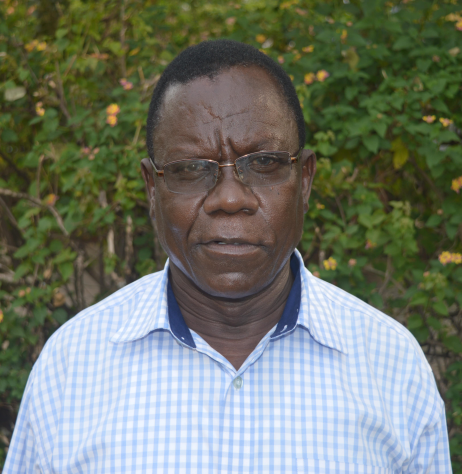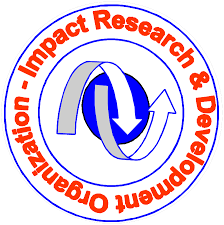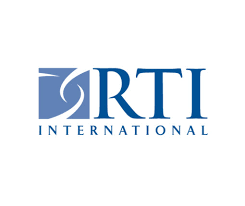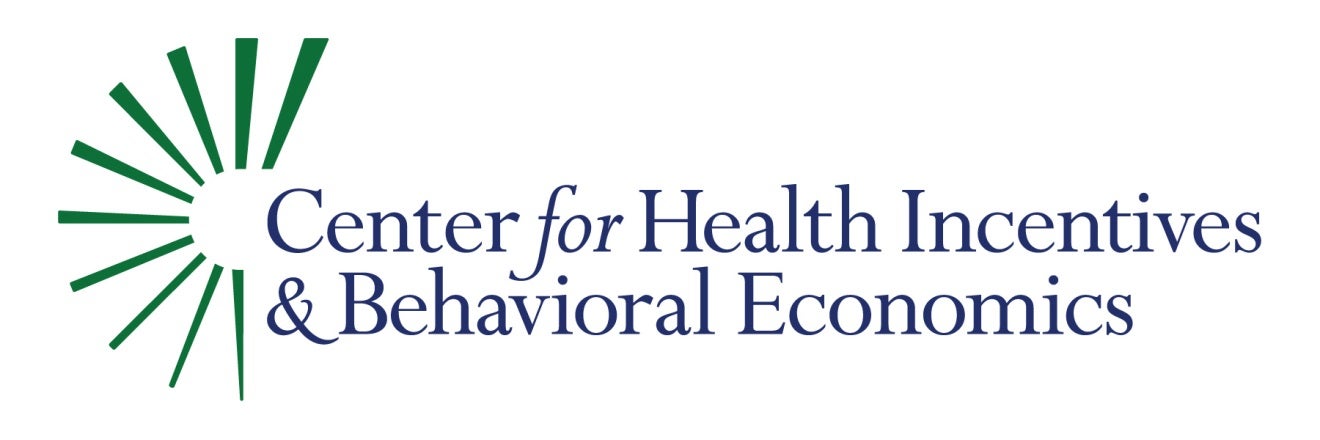Our Projects
Akiba: A savings intervention to reduce men’s engagement in HIV risk behaviors
Kisumu, Kenya

Transactional sex is a leading driver of human immunodeficiency virus (HIV) and sexually transmitted infection (STI) transmissions in Sub-Saharan Africa (SSA). Most efforts to reduce transactional sex and reduce HIV/STI risk have focused on women, but the effectiveness of existing interventions has been hindered by the relative lack of programs targeting men’s engagement in transactional sex. In addition, heavy alcohol use is another significant risk factor that affects engagement in risky sexual behavior and HIV infection rates. Based on empirical studies indicating that men are more risk-seeking and less future-oriented than women, appropriate-designed interventions that seek to promote saving money and influence men’s health behaviors are essential for reducing HIV/STI risk in SSA.
We will conduct a randomized controlled trial among income-earning men in Kenya who are aged 18-39 years and self-report alcohol use and engagement in transactional sex. The study will enroll 1,500 participants and randomize them to a control group or savings group. The savings group will receive access to a savings account that includes lottery-based incentives to save money regularly, opportunities to develop savings goals/strategies, and text message reminders about their saving goals. The control group will receive basic health education. Over a period of 24 months, we will collect qualitative and quantitative data from participants and a subset of their female partners. Participants will also be tested for HIV and other STIs at baseline, 12, and 24 months. The primary outcome of this study will be to determine the impact of the intervention on incidence of HIV/STIs.
The findings from this study have the potential to address a missing element of HIV/STI prevention efforts in Sub-Saharan Africa by promoting upstream and forward-looking behavior and reducing the risk of acquiring HIV/STIs in a high HIV/STI burden setting. If this study is effective, it is an innovative approach that could be scaled up and could have great potential for scientific and public health impact in Kenya.
This study is registered with ClinicalTrials.gov: NCT05385484.


Related Publications
- High prevalence of STIs among men engaged in transactional sex and alcohol use in western Kenya: important implications for STI prevention interventionsSexually Transmitted Infections (2024)
- A savings intervention to reduce men’s engagement in HIV risk behaviors: study protocol for a randomized controlled trialTrials (2022)
Keywords
Economics; HIV and STIs; Behavioral science
Principal Investigator

Co-Investigators












